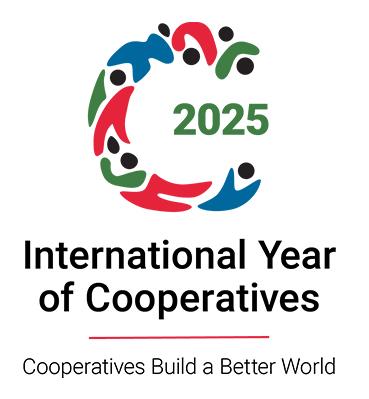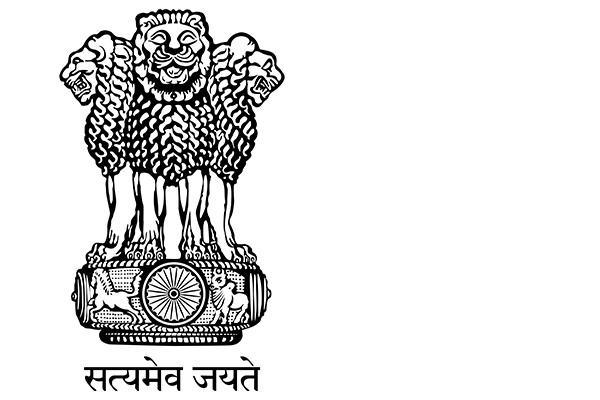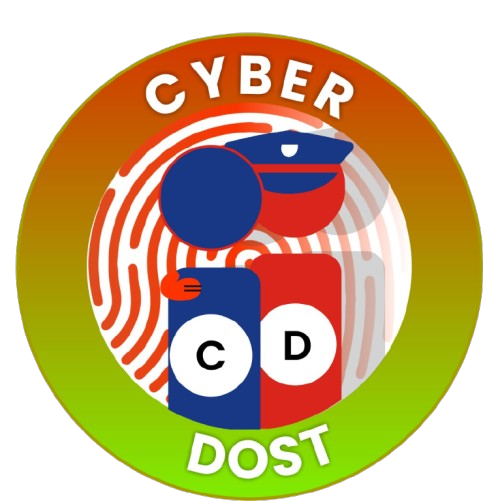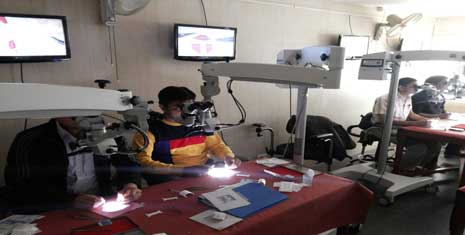
The Clinical Skills centre was established in 2006 as a first of its kind, state of the art centre of Maulana Azad Medical College with a view to impart hands on training pertaining to skills required in respective surgical or medical specialties to fill the void of such training. Skills are required for all specialties, more so for the surgical branches but certain skills like insertion of catheters, venous access, acute cardiac and pulmonary resuscitation, lumbar puncture etc are common to all medical and surgical specialties. The department has organized 218 courses so far spread over one day, two days, three days and five days duration with training imparted to 5894 participants till date including undergraduate and post graduate medical students, resident doctors, qualified practicing doctors, paramedical workers and nurses involved in patient care at various government and private hospitals in the fields of critical care and anaesthesiology including cardio-pulmonary resuscitation, surgical handicraft required for a general surgeon and allied specialities like ENT. Orthopedics, Ophthalmology, Plastic Surgery and Gynaecology.
Objectives:
- To impart simulation based training to post graduate students and even teachers in various fields of medicine.
- To provide skill development training in various surgical and medical fields in a laboratory/virtual atmosphere.
- To introduce trainees to safe surgical practice in a controlled workshop environment early in their careers.
- To teach, assess and certify the trainees ability to use safe and sound techniques that are common to all surgical and medical disciplines.
- It is designed to cover all major surgical disciplines namely, general surgery, orthopaedics, gynaecology, ophthalmology and otorhinolaryngology and micro-surgery and all major medical disciplines like general medicine, pediatrics, anaesthesia and critical care.
- The course curriculum is standardized to teach one correct way of doing a procedure and does not intend to impose that as the only way.
- The course is designed to be labour intensive and with stress on individual tuition with a high tutor to participant ratio.
- Hands on practice on laboratory simulators, animal material and human cadavers.
- Training the Trainer Programmes to prepare faculty for such courses and enhance their own skills from time to time.
- Training programmes for nurses and paramedical workers and technicians involved in the health care delivery system.


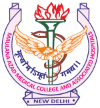 मौलाना आज़ाद मेडिकल कॉलेज
मौलाना आज़ाद मेडिकल कॉलेज 